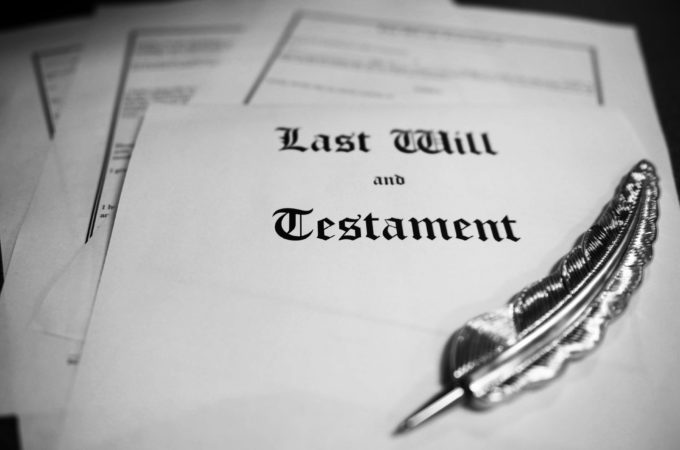Determining the bearer of the tax burden on income earned in an individual’s estate is not as simple as one might think. There are some basic taxation rules that apply to an estate which result in either the estate or the beneficiaries becoming ultimately liable for the tax. The tax…
The executor’s year – taxation “not made” simple
By John Oakey closeAuthor: John Oakey
Name: John Oakey
closeAuthor: John Oakey
Name: John Oakey
Email: jfoakey@bakertilly.ca
Site: https://www.bakertilly.ca/en/btc/professionals/national-halifax/john-oakey
About: National Tax Director for Baker Tilly Canada. John has extensive experience with Canadian corporate and personal income taxes with specialization in the areas of corporate reorganizations, estate planning, succession planning and tax compliance. He also has significant experience dealing with GST/HST issues and U.S. citizen cross-border tax reporting issues.See Authors Posts (34) • November 16, 2021 • 0 Comments
Email: jfoakey@bakertilly.ca
Site: https://www.bakertilly.ca/en/btc/professionals/national-halifax/john-oakey
About: National Tax Director for Baker Tilly Canada. John has extensive experience with Canadian corporate and personal income taxes with specialization in the areas of corporate reorganizations, estate planning, succession planning and tax compliance. He also has significant experience dealing with GST/HST issues and U.S. citizen cross-border tax reporting issues.See Authors Posts (34) • November 16, 2021 • 0 Comments



